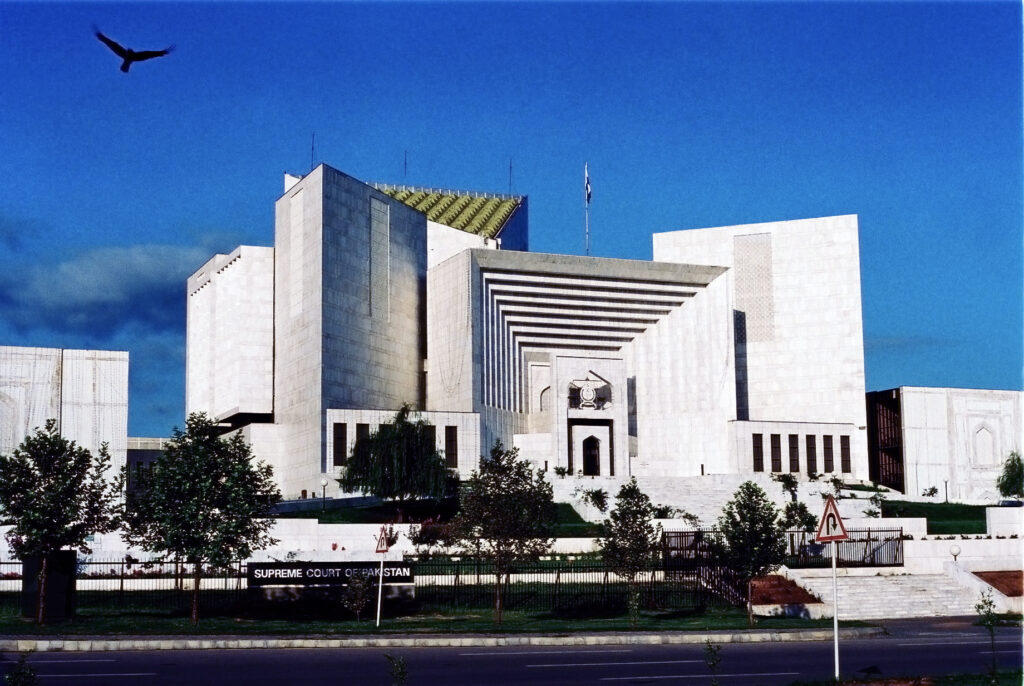ISLAMABAD: The Supreme Court has emphasized that the National Database and Registration Authority (Nadra) needs to familiarize itself with the definition of corporate entities and be adept at handling legal disputes. The Court expressed regret, stating that Nadra is unaware of its legislation.
Chief Justice of Pakistan Qazi Faez Isa, leading a three-judge SC bench alongside Justice Amin-ud-Din Khan and Justice Athar Minallah, pointed out that Section 3(2) of the National Database and Registration Authority Ordinance 2000 explicitly designates the authority as a corporate entity, requiring it to litigate in its name through an authorized representative.

This observation was made in the context of a petition challenging the Peshawar High Court’s judgment dated September 23, 2020. The regional manager of Nadra RHO, Hayatabad, Peshawar, and the director general of the project directorate at Nadra headquarters, Islamabad filed the petition. The Chief Justice criticized the lack of authorization for filing the plea and lamented that it seemed the statutory body was unfamiliar with its legal framework.
The Court order noted that even the petition title, which included an acronym, deviated from the Code of Civil Procedure 1908 (CPC) guidelines for describing parties. The order emphasized the need for Nadra to understand how to define corporate entities, read its ordinance, and grasp who is eligible to initiate and defend legal actions.
During the proceedings, Senior Counsel Afnan Karim Kundi, representing Nadra, argued that the respondents in the writ petition had included the authority and copied the title from there. However, the Court maintained that if this objection had not been raised before the high court, it should not have been perpetuated before the Supreme Court.
The judgment highlighted that litigation must adhere to the law and criticized the petitioners for not complying with the ordinance and CPC provisions governing the description of parties.
About the case, the judgment noted that the council mentioned that the Pakistan Origin Card (POC) was granted under section 11 of the ordinance and by the National Database and Registration Authority (Pakistan Origin Card) Rules, 2002. The writ petition directed the authority to issue the POC to the respondent, which the counsel claimed had already been issued, resolving the respondent’s grievance.
The judgment expressed disappointment that Nadra, as a statutory organization, did not follow its laws and unnecessarily generated litigation. It stated that proper assistance to the Peshawar High Court could have addressed the issues without reaching the Supreme Court.


